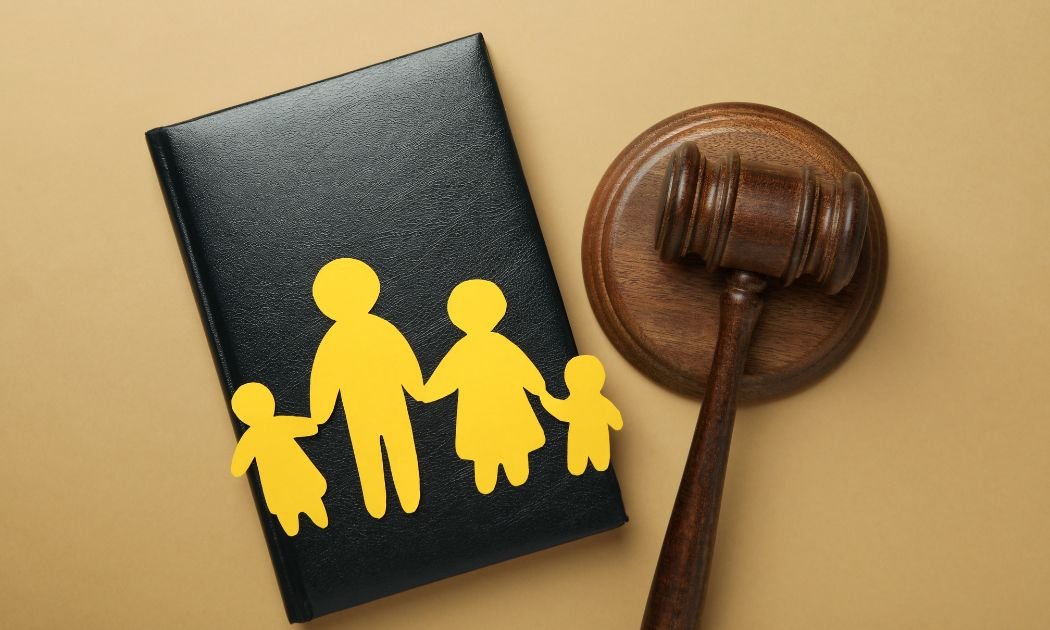What to Expect as Uttarakhand Enforces Uniform Civil Code
Does It Align with Constitutional Ideals of Equality, Justice and Non-Discrimination?
January 27, 2025The Bharatiya Janata Party (BJP)-led Uttarakhand government has implemented the Uniform Civil Code (UCC) from Jan. 27, 2025, becoming the first state in independent India to enforce such a law. While it appears to fulfil the letter of the Indian Constitution’s Directive Principles of State Policy, whether it aligns with the spirit of uniformity remains to be seen.
First, let us understand what the UCC is.
India has followed personal laws that govern areas like marriage, divorce, inheritance and adoption, tailored to the customs and practices of different religious communities, to respect the cultural and religious diversity of the nation. However, the UCC seeks to replace these separate laws with a single, unified legal framework that applies equally to all citizens, regardless of their religion or community.
Now, let’s look at the provisions of Uttarakhand’s UCC Act.
The Uttarakhand Legislative Assembly passed the UCC Bill on Feb. 7, 2024. It received presidential assent on March 13, 2024, officially enacting it into law. The state government is now implementing the UCC.
The state’s UCC sets a uniform marriageable age – 21 – for both men and women and establishes common grounds and procedures for divorce, applicable to all religions.
It bans polygamy and the practice of “halala,” which involves a divorced woman being required to marry another man, obtain a divorce, observe a waiting period known as “iddat,” and only then remarry her first husband. The UCC abolishes the iddat period itself, eliminating restrictions placed on women after the death of their husband or after a divorce.
The UCC makes registration of marriages mandatory. Those failing to register their marriage will face a fine of 25,000 rupees and will not be eligible to receive any government benefits. The law also ensures that all children, irrespective of the circumstances of their birth, are treated as legitimate. This includes children born through surrogacy or assisted reproductive technology, who will now be considered biological children under the law.
In cases where a married woman dies, her husband is obligated to provide maintenance for her parents if they are dependent on her and have no one else to support them.
The UCC also introduces equal rights for Muslim women in matters of adoption, aligning their rights with those of women from other communities. Further, it ensures equal inheritance rights for sons and daughters, promoting gender equality in matters of succession.
The UCC does not apply to the Scheduled Tribes (STs), based on the constitutional protection for ST communities under the Fifth and Sixth Schedules of the Constitution.
Now, let us evaluate the state’s UCC Act in light of the spirit of the Constitutional provision.
The framers of the Constitution envisioned the UCC as a means to ensure equality, justice and non-discrimination in civil matters, irrespective of religion or community. The goal was to create a cohesive legal system that reflects the principles of secularism and equality enshrined in the Constitution. However, recognising the diverse cultural and religious practices, the implementation of the UCC was left as a directive for future governments, to be pursued in a manner that balances social harmony and constitutional ideals.
Polygamy, child marriage and triple talaq are practices widely regarded as incompatible with the values of a modern society, such as gender equality, individual rights and social justice. The Indian Constitution, in Article 44 under the Directive Principles of State Policy, envisions a UCC as a means to ensure uniformity in personal laws, ensuring equality across all communities.
However, implementing such reforms requires caution to prevent them from being perceived as targeting or marginalising specific communities, particularly minority groups. After all, Uttarakhand’s Muslim population constitutes nearly 14% of its total population. This perception largely depends on the professionalism and reputation of the government seeking to implement them.
In July 2024, police in Uttarakhand issued orders requiring restaurants to display the names of their owners on signboards. They claimed this was intended to prevent disputes among Hindu pilgrims travelling to sacred sites during a holy month, many of whom follow strict dietary restrictions, such as avoiding meat. However, critics argued that the move could incite discrimination against Muslim-owned establishments. The Supreme Court responded by suspending these orders, stating that while restaurants may indicate the type of food they serve, such as vegetarian or non-vegetarian, they cannot be forced to reveal the identities of their owners.
Further, Uttarakhand has experienced several instances of communal violence. In February 2024, in Haldwani, clashes erupted following the demolition of an allegedly illegal madrasa, resulting in multiple fatalities and injuries. In September 2024, communal tensions arose in Dehradun after a Muslim girl was found with a Hindu man at a railway station, leading to unrest in the area. Further, in October 2024, in Chamoli district, a dispute over parking escalated into communal violence between Hindu and Muslim communities.
In India, personal laws are closely tied to religious and cultural identities, and any significant changes can evoke concerns about undermining cultural practices or imposing a dominant ideology. If the intent or manner of introducing reforms appears ideological or biased, it risks alienating minority communities, fuelling social polarisation.
The goal should be to achieve constitutional aspirations in a manner that strengthens societal harmony and unity, rather than deepening divisions.

